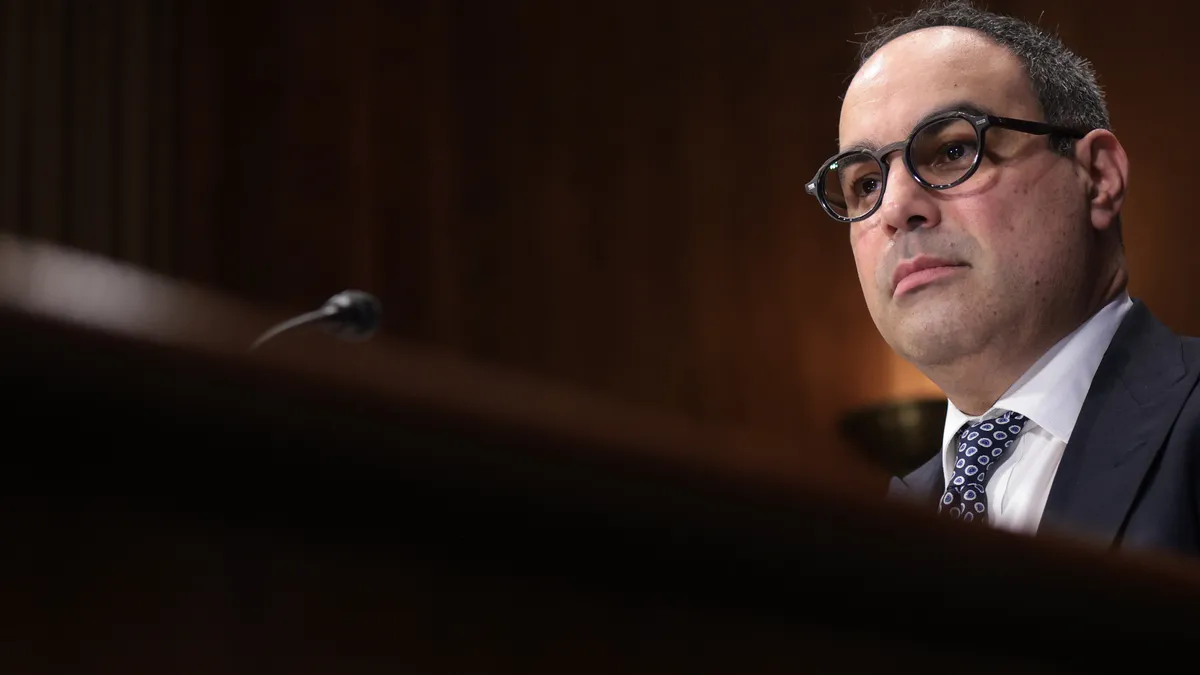The Department of Justice says Google is trying to question its antitrust chief, Assistant Attorney General Jonathan Kanter, as part of its defense in the department’s ad-sales antitrust suit against it.
“Google has sought information through a variety of methods … including … a deposition notice to AAG Kanter himself,” DOJ said in an August 18 filing.
Google says it needs to hear from Kanter because the antitrust lawyer has a longstanding bias against it and is using his position at DOJ to improperly go after it.
“AAG Kanter’s deep-seated bias against Google—pre-judging Google even before he assumed public office—violates Google’s Due Process right to a neutral prosecutor,” the company said in an August 31 filing.
Discovery needed
DOJ is moving for a partial judgment on the pleadings in the ad-server case, or at least a protective order against the discovery request, to stop Google from using the information for what DOJ says is irrelevant to the charges.
“Even if Google could establish the facts to support its claim [of bias] (which it cannot), the appropriate remedy for such a violation would be disqualification of any conflicted individuals, not judgment in favor of the defendant,” the agency said.
In its response, Google says DOJ is trying to stop it from getting the information it needs to defend itself against what it considers improper selective enforcement of antitrust laws.
“Plaintiffs should not be permitted to escape further discovery through a motion for judgment on the pleadings or a motion to strike,” it said.
Longstanding bias?
Prior to his role as antitrust chief at DOJ, Kanter spent years representing technology companies that competed against Google, and he’s long been public about his antipathy toward the company, Google says.
“That bias has shaped and infected this entire proceeding, and reflects an improper predisposition to find against Google, rather than ensure that justice is done,” the company said.
In its suit against Google, DOJ is accusing the company of using acquisitions to buy its way into dominance of the ad-tech space, locking publishers into a system that limits advertiser’s bidding options and manipulating auction mechanics to deprive rivals of scale.
The key acquisitions were DoubleClick in 2008 and AdMeld in 2011, both of which the Federal Trade Commission approved.
By one analysis, Google commands just under 30% of the online ad market, down from 35% at its peak in 2017. One of the company’s biggest rival in the space is owned by Microsoft, which has also made a series of acquisitions to grow its market share, most notably Xandr in 2022. According to Google, Microsoft has seen its online ad revenue grow 25% since it bought Xandr, once owned by ATT, to $11.5 billion.
DOJ calls Google’s charges of bias off the mark. The investigation into the company’s ad-server practices predates Kanter’s arrival at the agency and he’s recused himself from matters involving the company, including another antitrust case the agency has pending against it, for the way it dominates online search.
When the agency brought the ad-server case, it was in tandem with a number of states and on behalf of several federal agencies that have had to pay more for their advertising as a result of Google’s dominance. Agencies in other countries are also looking at the company’s ad-server dominance on competitiveness grounds. So, as a matter of law, DOJ says, the charges are to be weighed without regard to the issue of bias.
“Google is before this Court and others as a result of its own conduct and actions and not because of any personal bias,” the agency says. “These facts make it implausible that Google could ever plead sufficient facts or obtain sufficient evidence to make out a selective prosecution defense or due process defense.”











